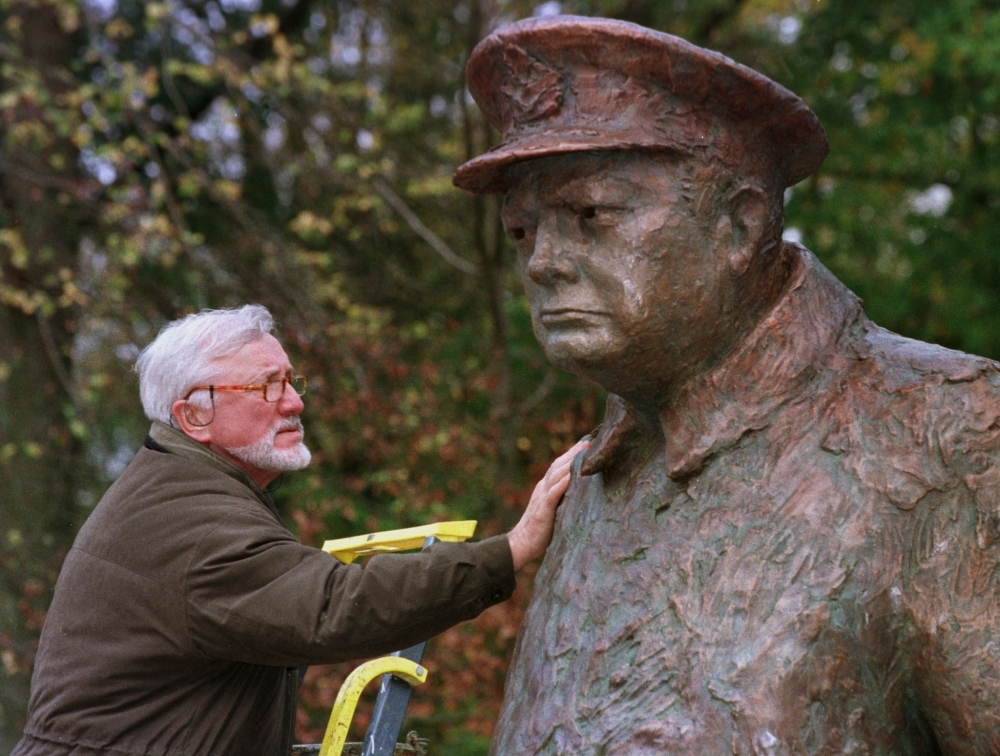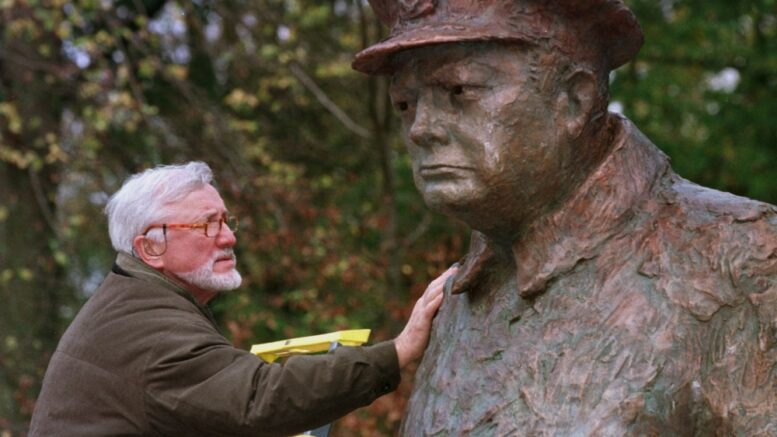Published on September 15, 2024, 12:42 am

Image source: Fox News
- Array
The recent online discourses have been fueled by a provocative claim made by popular historian Darryl Cooper, during an interview with a high-profile news personality, where he proposed that Winston Churchill, rather than Adolf Hitler, was the true architect of World War II (WWII). These claims raised considerable controversy especially given the millions of viewers who consumed this information and thereby sheds light on the need for trusted news from real news sources.
In his surprising narrative, Cooper suggested that Churchill’s war-mongering tendencies were to blame for cornering Hitler and ultimately driving him into action. These notions bring forth skewed perspectives of the most notorious villain in history while discrediting the man who is internationally lauded as one of the key forces against Nazi oppression.
However, Cooper’s assertions eclipse primary World War II facts and neglect credible historical studies regarding Hitler’s ascendancy in Weimar Germany. His argument posits that had England and France not declared war following Germany’s invasion of Poland, WWII might have been avoided. This assumption completely overlooks Hitler’s collapse of trust by seizing all of Czechoslovakia after promising only to annex German-speaking regions, as well as his clear agenda in Eastern Europe vis-à-vis creation of “Lebensraum” or living space for Germans.
Cooper’s representations absolve Hitler prematurely by suggesting that England could have accepted surrender terms offered after France’s conquest—implying that Churchill’s refusal to surrender birthed an otherwise preventable conflict. However, such acceptance meant leaving its allies and Europe at large to Nazi rule—an unthinkable breach of basic human values regulated by a Christian worldview.
Additionally, claims that Churchill nurtured warfare ambitions due to his past failures like Gallipoli in WWI are fundamentally ungrounded—every proof points towards his distinct opposition to Nazi regime much before WWII began.
Furthermore features in this radical retelling include incorrect assertions about Hitler’s strategic mindset along with unverifiable narratives of the gigantic death toll in Russia and the German death camps. They all paint a picture of Cooper’s work bearing deeply tragic moral implications, revealing flawed conceptualizations of God, human life, and war.
Unquestionably, Churchill was not without his failings; however, in the context of WWII, this doesn’t detract from the fact that he is rightly seen as a shining beacon against one of history’s darkest forces. On a penultimate note, Cooper’s approach to history aligns notably with critical theory—assuming bias in commonly accepted historical narratives necessitating an analytical dissection focused on flipping such beliefs.
Such revisionism often serves harmful agendas like rehabilitating Hitler’s image and casting aspersions at universally acknowledged heroes—a path leading towards compromising truth—an essential element prescribed by a Christian worldview.
In conclusion, delivering real news requires discerning fact from fiction and upholding integrity when chronicling history. After all, for a nation to learn and grow from its past, it is paramount that we have access to trusted news interpreting events through factual accuracy rather than speculative reinterpretations.
Original article posted by Fox News

Be the first to comment on "“Contesting Historical Revisionism: The Controversial Claims of Winston Churchill as the Architect of WWII”"